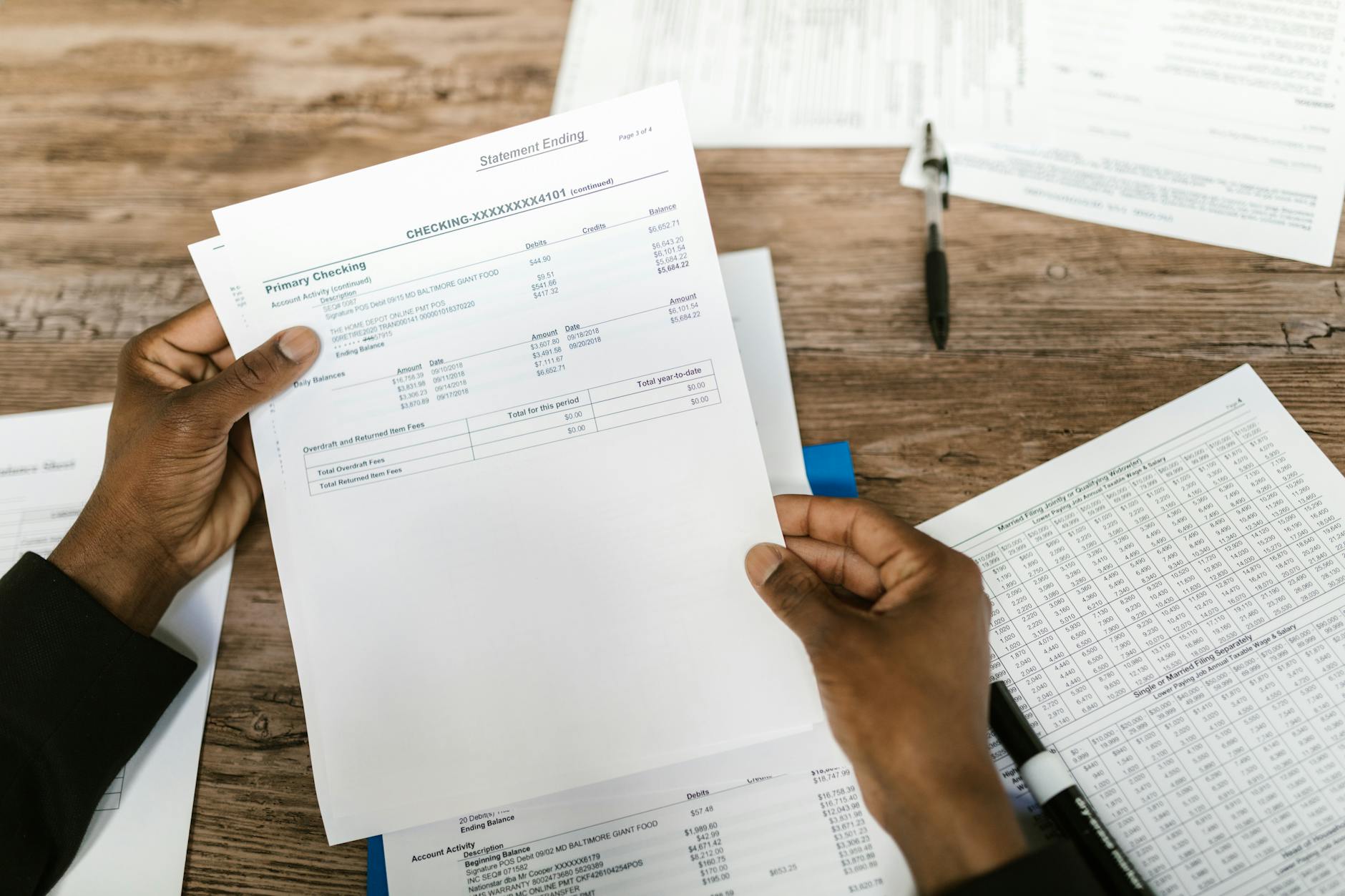Leveraging Data Analytics to Optimize Accounting Operations
Leveraging data analytics to optimize accounting operations has become a critical strategy for organizations aiming to enhance efficiency and accuracy in their financial processes. As businesses generate vast amounts of data daily, the ability to analyze this information effectively transforms accounting from a routine task into a dynamic, insight-driven function. Data analytics helps identify patterns, predict future trends, and automate repetitive tasks, allowing accounting professionals to focus on strategic planning and compliance. This article explores the integration of data analytics within accounting operations, demonstrating how it streamlines workflows, reduces errors, and improves decision-making. We will delve into key areas where analytics adds value, highlighting practical applications and strategies for maximizing its potential in modern accounting environments.
Understanding data analytics in accounting
Data analytics in accounting refers to the systematic examination of financial data to uncover meaningful insights and trends. By applying statistical tools and software, accountants can evaluate large datasets quickly and with greater accuracy. Unlike traditional accounting methods, which rely heavily on manual data entry and analysis, data analytics leverages technologies like machine learning, artificial intelligence, and predictive modeling. These technologies enable the identification of anomalies, forecasting cash flows, and assessing financial risk more efficiently. Additionally, visualizing data through dashboards provides real-time monitoring of key performance indicators (KPIs), thereby enhancing transparency and control over financial operations.
Improving accuracy and reducing errors through automation
One of the most significant benefits of leveraging data analytics is the ability to automate routine accounting tasks. Automation minimizes the reliance on manual inputs, which are prone to human error. Tasks such as invoice processing, transaction matching, and data reconciliation can be streamlined with advanced analytics tools, resulting in fewer discrepancies and faster close cycles. Automated error detection algorithms can flag unusual transactions or discrepancies, prompting timely investigations. This not only saves time but also improves the reliability of financial reports, ultimately increasing stakeholder confidence in the company’s financial integrity.
Enhancing strategic decision-making
Beyond operational efficiencies, data analytics empowers accounting teams to become strategic advisors within their organizations. By analyzing historical and current financial data, accountants can generate insights that inform budgeting, investment decisions, and risk management. For example, predictive analytics can forecast revenue trends, helping businesses allocate resources more effectively. Scenario analysis enables the evaluation of potential financial outcomes under different conditions, guiding more informed decisions. Integrating these insights with broader business intelligence systems fosters a holistic view of organizational performance, aligning financial strategies with corporate goals.
Implementing data analytics: challenges and best practices
Despite its clear benefits, incorporating data analytics into accounting is not without challenges. Data quality issues, such as incomplete or inaccurate records, can undermine analytics efforts. Ensuring proper data governance and establishing standardized processes for data entry and maintenance is crucial. Additionally, there is a need for skilled professionals who understand both accounting principles and analytical techniques. Training and hiring data-literate accountants, investing in user-friendly analytics platforms, and fostering a culture that embraces data-driven decision-making are essential steps. Organizations should start small, focusing on high-impact areas, and gradually expand analytics capabilities as they demonstrate value.
| Benefit of data analytics | Impact on accounting | Example |
|---|---|---|
| Increased accuracy | Reduction in manual errors and discrepancies | Automated reconciliation of bank statements |
| Faster processing | Quicker completion of close cycles and reporting | Real-time financial dashboards for monthly closes |
| Better forecasting | Improved budgeting and resource allocation | Revenue trend prediction using historical data |
| Risk management | Early detection of fraudulent activities and financial risks | Flagging unusual transaction patterns automatically |
In conclusion, leveraging data analytics in accounting operations transforms how organizations manage their financial data and processes. By improving accuracy, accelerating workflows, and supporting strategic decision-making, analytics adds significant value to the accounting function. Automation reduces errors and frees up time for accountants to focus on higher-level analysis, while data-driven insights help forecast trends and identify risks before they escalate. However, success depends on addressing challenges like data quality and skill gaps, necessitating investment in technology and training. As data continues to grow in volume and complexity, embracing analytics is no longer optional but essential for accounting teams striving to contribute meaningfully to business growth and resilience.
Image by: RDNE Stock project
https://www.pexels.com/@rdne
news via inbox
Nulla turp dis cursus. Integer liberos euismod pretium faucibua





